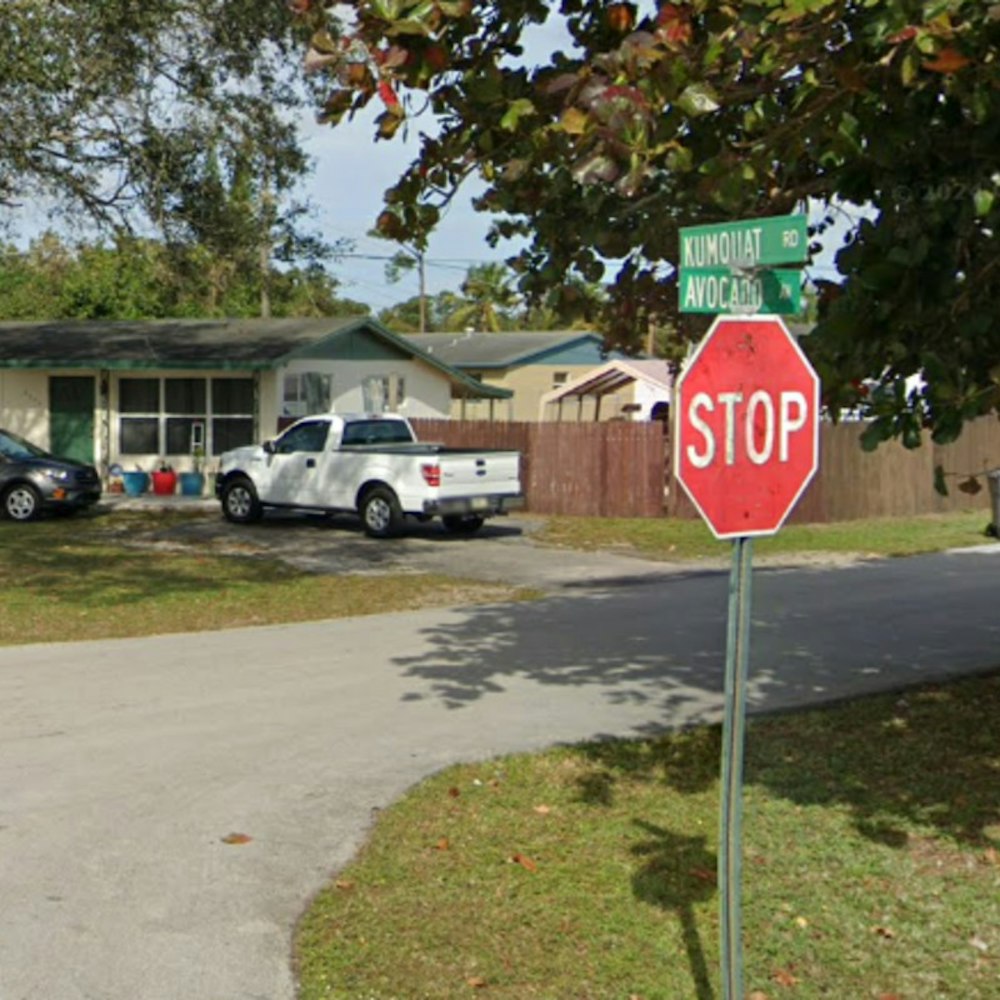
A disturbing surge in reports of sick coyotes in Sun City has been linked to rat poison, according to officials at the Southwest Wildlife Conservation Center. The creatures have been found in dire conditions throughout the West Valley, often too weak to survive. "Most common signs is extreme lethargy, tiredness, moving really slow," Dr. Jaclyn Cubillas told AZFamily.
These incidents are traced back to the use of rodent pesticides around residential areas. Cubillas explained that the coyotes are either directly ingesting the poison or consuming rodents that have been poisoned. This leads to a series of devastating symptoms, including loss of fur, skin deterioration, and in severe cases, an inability to walk, internal bleeding, and brain swelling. "You can see aimless wondering, difficulty walking, their gait will be affected," Cubillas said. The concern is high given that coyotes play a critical role in maintaining the ecological balance by keeping rodent populations in check, as stated by AZ Family.
The Southwest Wildlife Conservation Center is urging the public to consider non-toxic alternatives to rodent control. Recommendations include sealing up entry points in homes and removing food sources that attract rodents. For those in need of pest control, rat traps and services from companies that prioritize environmental safety are suggested. "There are companies that consider other animals in the area and may have options that do not include chemicals," urged Cubillas.
Residents who come across a distressed coyote should not attempt to intervene directly. Instead, they are encouraged to contact the Southwest Wildlife Conservation Center's emergency hotline for proper assistance. The center's contact page provides resources for wildlife rescue and outlines various ways to reach out for support or information on tours, donations, and volunteering. Any animal emergencies can be reported to their emergency line at 480-433-5656, ensuring that qualified personnel can safely address the situation.









